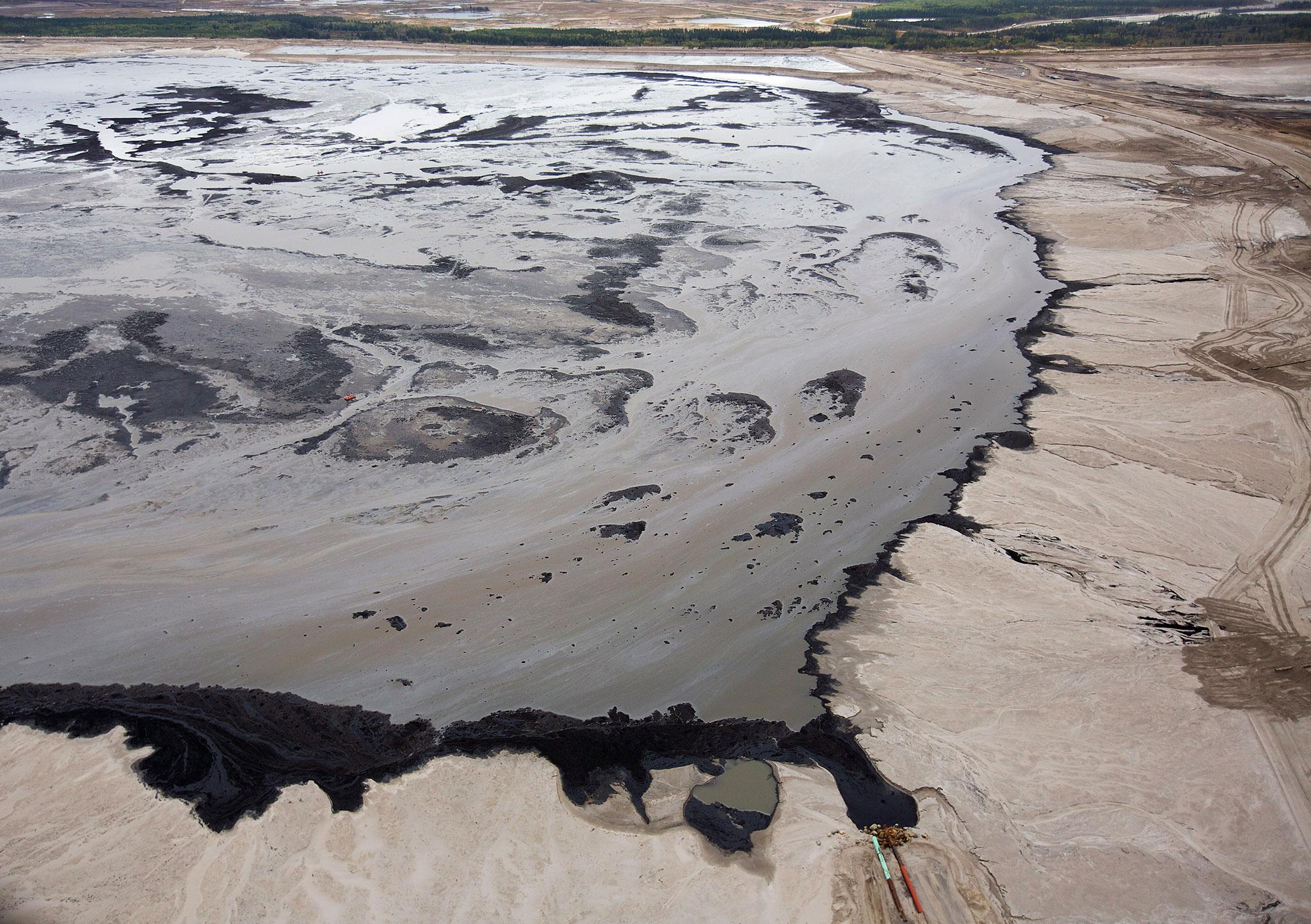‘Extreme’ fossil fuel investments soar to $115bn under Donald Trump presidency, report reveals
Finance for controversial and highly polluting tar sands projects more than doubled to $47bn in 2017

Your support helps us to tell the story
From reproductive rights to climate change to Big Tech, The Independent is on the ground when the story is developing. Whether it's investigating the financials of Elon Musk's pro-Trump PAC or producing our latest documentary, 'The A Word', which shines a light on the American women fighting for reproductive rights, we know how important it is to parse out the facts from the messaging.
At such a critical moment in US history, we need reporters on the ground. Your donation allows us to keep sending journalists to speak to both sides of the story.
The Independent is trusted by Americans across the entire political spectrum. And unlike many other quality news outlets, we choose not to lock Americans out of our reporting and analysis with paywalls. We believe quality journalism should be available to everyone, paid for by those who can afford it.
Your support makes all the difference.Funding from big banks for “extreme” fossil fuels jumped by 11 per cent to $115bn (£81bn) in the first year of Donald Trump’s presidency, new research shows.
Finance for controversial and highly polluting tar sands projects more than doubled to $47bn in 2017, a report by a group of environmental NGOs found.
Extreme fossil fuels include those that contribute the most to climate change such as Arctic oil drilling, ultra-deepwater oil extraction, liquefied natural gas export, and coal mining and power.
While several European banks, including ING and BNP Paribas, pledged last year to cut financing for unconventional fossil fuels, North American banks ramped up their funding, particularly in Canada, the research found.
This reversed much of the progress made on reducing investment in the most carbon-intensive fossil fuels after the signing of the landmark Paris Agreement in 2016.
Wall Street’s biggest lender, JPMorgan, more than quadrupled its funding for tar sands projects and companies, according to the report. Overall, Royal Bank of Canada (RBC) was the largest funder of extreme fossil fuels in the last three years, apart from Agricultural Bank of China which finances a large amount of coal projects, according to the report.
“It is environmentally, reputationally and often financially risky for banks to back these fossil fuel projects and companies,” the report said. “More and more, the public is tying the impacts of fossil fuels to the financial institutions backing the sector.”
The rapid increase in funding last year came as a result of Canadian tar sands specialists buying up reserves from oil giants who began to focus on lower-cost oil elsewhere, the report said. Shell, Conoco Phillips and Statoil sold $23bn of Canadian oil assets in 2017.
Tar sands are worse for the climate than conventional sources of oil, sometimes producing three or four times the amount of greenhouse gases thanks to energy-intensive methods of extraction.
Tar sands are a combination of clay, sand, water, and bitumen, a heavy black viscous oil, which cannot be pumped from the ground in their natural state.
The estimated 173 billion barrels of oil discovered in Canada’s tar sands would, if extracted, release enough carbon to take the world 30 per cent of the way towards the maximum 1.5C temperature increase agreed to under the Paris Agreement, according to campaign group Oil Change International.
Alison Kirsch, research co-ordinator at Rainforest Action Network, one of the groups that produced the report said: “At a time when some European banks like BNP Paribas and ING are adopting policies that sharply restrict their lending to some of the worst fossil fuels, US and Canadian banks like JPMorgan Chase and TD are moving backwards in lockstep with their wrongheaded political leaders.”
In October, Mr Trump’s administration approved the proposed expansion of the Line 67 pipeline, doubling the amount of tar sands oil it transports from Canada to the US to 890,000 barrels per day. That followed a decision in March last year to approve the Keystone XL pipeline which his predecessor, Barack Obama, had blocked.
The Canadian president, Justin Trudeau, has come under fierce criticism from environmental groups for making green electoral promises while also backing pipelines such as Keystone XL.
The research was conducted by Oil Change International, BankTrack, Honor the Earth, Indigenous Environmental Network, the Sierra Club and Rainforest Action Network.
It assessed the financing by 36 banks from around the world of the top 30 companies in each “extreme fossil fuel” sector.
JPMorgan and RBC did not respond to requests for comment.
Join our commenting forum
Join thought-provoking conversations, follow other Independent readers and see their replies
Comments